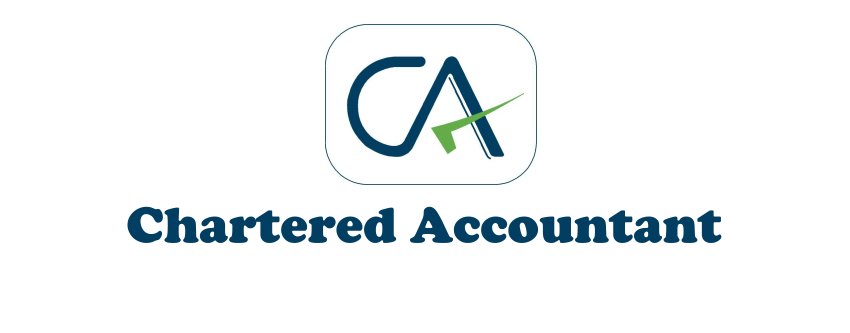Audit and assurance services are crucial for ensuring the transparency, accuracy, and integrity of financial statements. Recent changes to audit regulations have reshaped how businesses approach audits and manage their financial reporting. Here’s an overview of the latest audit and assurance updates and how they impact businesses.
1. New Audit Standards and Regulations
The introduction of new audit standards has enhanced the quality and effectiveness of audits, ensuring that financial statements are more reliable and aligned with international best practices. These updates are designed to improve the accountability of auditors and the credibility of financial reports.
Key Changes:
- International Standards on Auditing (ISA): Updates to ISAs ensure that auditors apply a more rigorous approach to assessing financial statements, with increased focus on identifying fraud risks.
- Enhanced Reporting Requirements: Auditors are now required to provide more detailed insights into their audit findings, offering stakeholders greater visibility into financial health.
- Emphasis on Risk-Based Auditing: Audits are now more focused on assessing key risks, particularly those related to financial misstatements and potential fraud.
2. Focus on Internal Controls and Risk Management
Strong internal controls are essential for businesses to mitigate risks and ensure operational efficiency. With the latest regulations, companies are being urged to strengthen their internal control systems to align with updated audit standards.
Key Insights:
- Strengthening Internal Audit Functions: Internal auditors now play a more critical role in evaluating the effectiveness of control systems, identifying weaknesses, and recommending improvements.
- Integrated Risk Management Framework: Businesses are encouraged to implement a robust risk management framework to address financial, operational, and compliance risks. This helps ensure that financial statements reflect the true state of affairs.
- Real-Time Monitoring: The integration of advanced technologies for continuous monitoring of internal controls is now becoming a standard practice in audits, making it easier to detect and address issues proactively.
3. Impact of Technology on Audits
Technology has revolutionized the audit process, enhancing the efficiency and accuracy of audits. The growing reliance on digital tools, data analytics, and automation is changing how auditors conduct their work and how businesses approach audit preparations.
Technological Advances:
- Data Analytics and Automation: Auditors are increasingly using data analytics to identify patterns, trends, and anomalies in financial data, improving the accuracy and efficiency of audits.
- Blockchain Technology: The use of blockchain for maintaining financial records is becoming more prevalent. Auditors now need to be familiar with this technology to ensure the accuracy and authenticity of financial transactions.
- Cloud-Based Auditing Tools: Cloud technologies are allowing auditors to conduct audits remotely, which has become increasingly important in the post-pandemic era.
4. Enhanced Auditor Independence and Ethical Standards
Recent updates to auditing standards have focused on enhancing auditor independence and addressing conflicts of interest. These changes are designed to increase public confidence in the integrity of audit reports and ensure that auditors maintain objectivity throughout the process.
Key Developments:
- Stricter Guidelines on Auditor Independence: New regulations have clarified the boundaries of auditor independence, preventing auditors from having financial or personal relationships with clients that could compromise their objectivity.
- Enhanced Ethical Standards: Auditors are now required to adhere to stricter ethical guidelines to ensure that their judgment is not influenced by outside factors. This includes mandatory disclosures of potential conflicts of interest and additional safeguards against unethical practices.
- Mandatory Rotation of Auditors: Some jurisdictions are considering mandatory rotation of audit firms to avoid long-term relationships that could affect the independence of audits.
5. Auditing in a Post-Pandemic World
The COVID-19 pandemic has reshaped the business landscape, and auditing practices are evolving to address new challenges. Auditors are now tasked with evaluating the impact of the pandemic on businesses and ensuring that financial statements reflect these changes accurately.
Post-Pandemic Insights:
- Assessing Going Concern Assumptions: Auditors are increasingly scrutinizing the going concern assumptions of companies, particularly those that were impacted by the pandemic. Financial statements must clearly indicate whether businesses can continue to operate in the foreseeable future.
- Impact of Remote Work: The shift to remote work has required auditors to adopt new methods of reviewing documents, conducting interviews, and performing audits, including the use of virtual tools and platforms for conducting audit procedures.
- Revaluation of Assets: Businesses may need to revalue certain assets based on new market conditions caused by the pandemic. Auditors are responsible for ensuring that these revaluations are accurate and reflect current economic realities.
How to Stay Ahead in Audit and Assurance
To remain compliant with evolving audit and assurance standards, businesses should take the following steps:
- Strengthen Internal Controls: Regularly review and update internal control systems to align with the latest regulations and mitigate risks.
- Leverage Technology: Implement data analytics, automation tools, and cloud-based systems to streamline the audit process and ensure accuracy.
- Prepare for Audits: Ensure that your financial statements are in order and that you’re ready for audits by maintaining proper documentation and having an up-to-date risk management framework.
- Consult with Experts: Work closely with auditors or chartered accountants who are knowledgeable about the latest auditing standards and can guide you through the complexities of compliance.
By staying informed about the latest audit and assurance regulations and leveraging advanced technologies, businesses can improve their financial reporting, minimize risks, and ensure transparency in their operations.
Contact Us: Our expert team of auditors and accountants is ready to help you navigate the latest changes in audit and assurance standards. Reach out for a consultation today!

